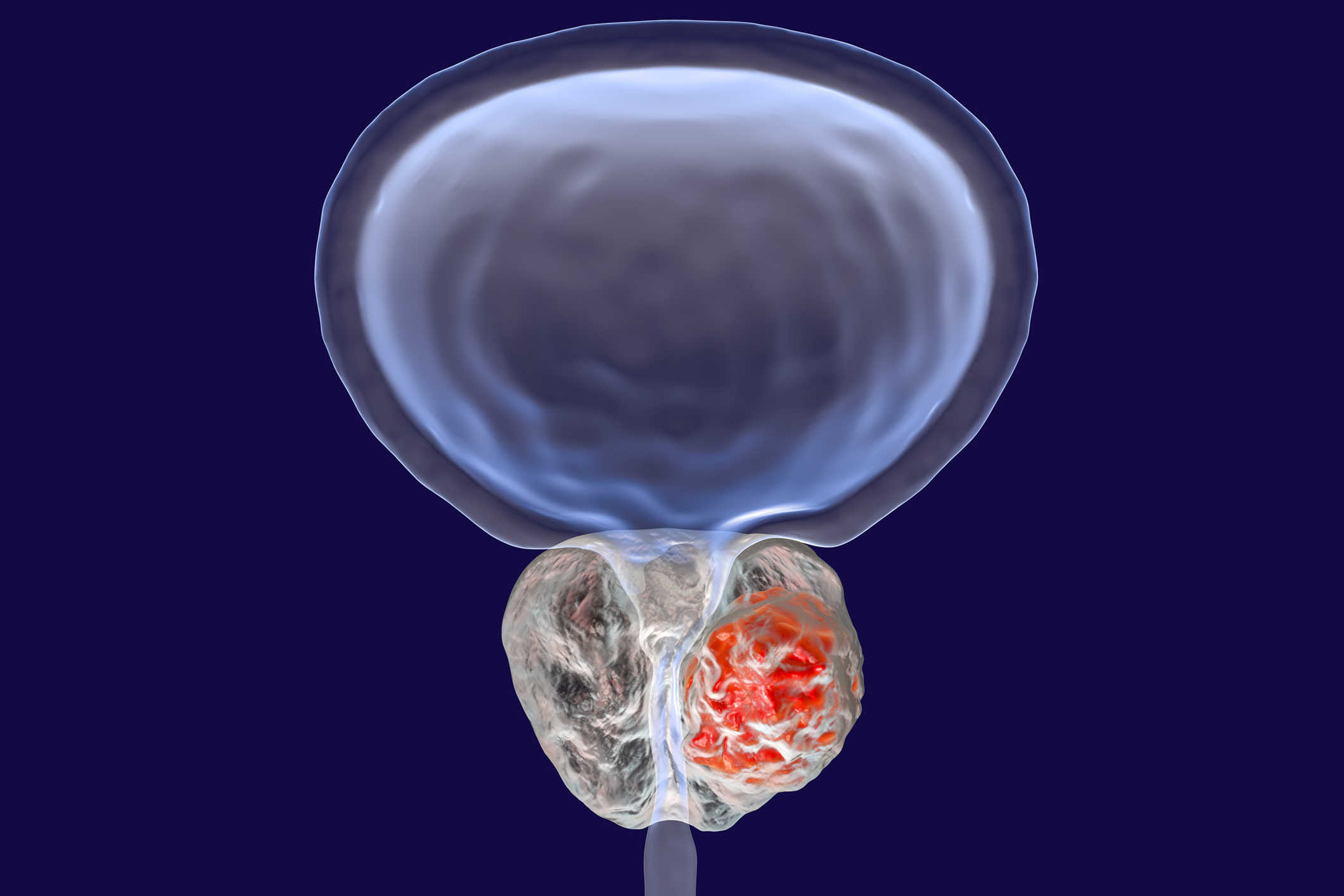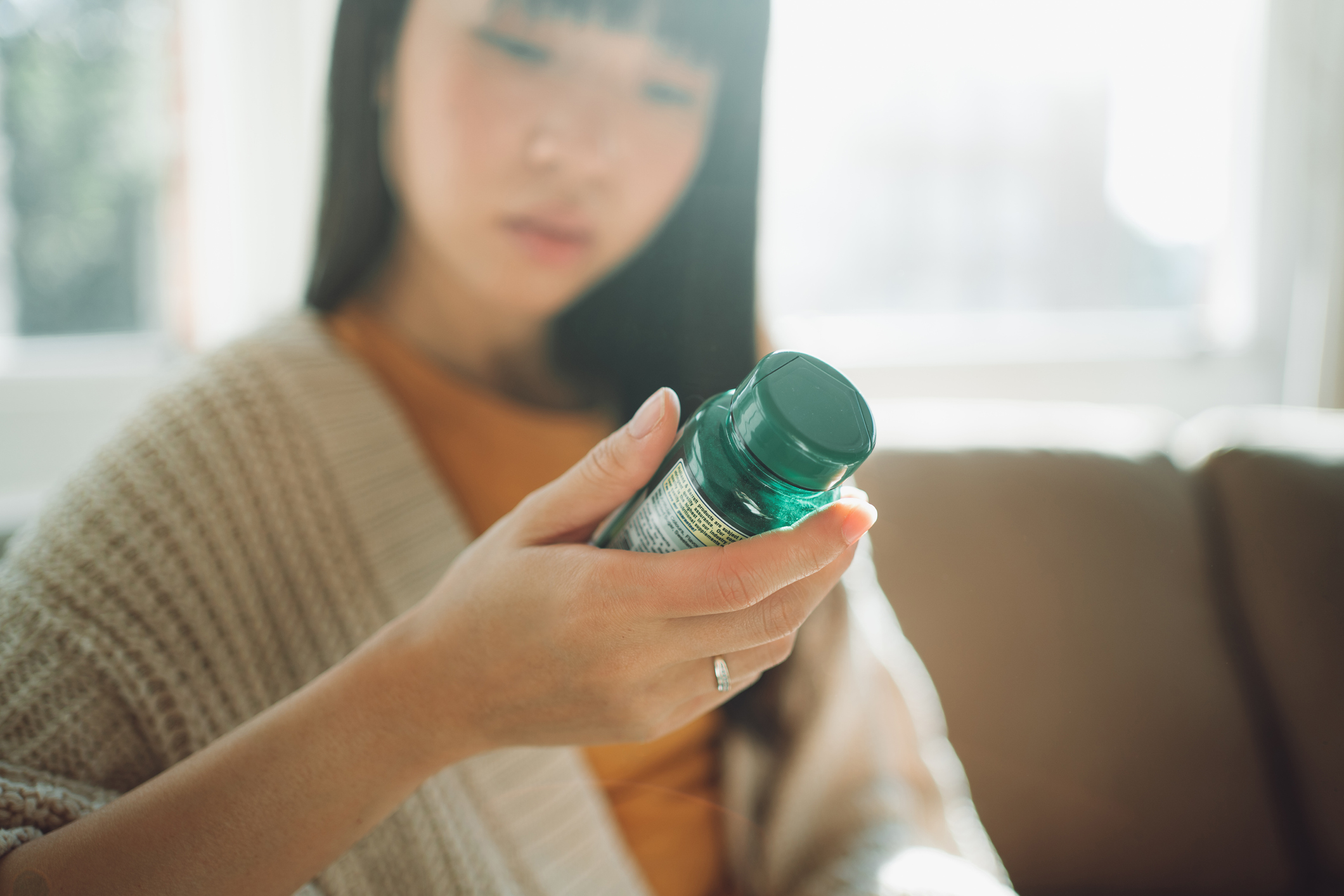If you, like many older men, have an enlarged prostate—a condition known as benign prostatic hyperplasia, or BPH—you probably know all too well how distressing and even debilitating it can be. You may have a weak urinary stream and difficulty urinating, along with a need to urinate more frequently, especially at night. It’s not entirely clear why the prostate enlarges with age, but it’s thought to involve a hormone (dihydrotestosterone) that’s related to the male hormone testosterone.
A variety of surgical procedures are considered standard therapy for BPH that has advanced to the point of requiring medical intervention, though many men understandably want to avoid those. And medication can have side effects. It’s not surprising then that many BPH sufferers turn to dietary supplements touted to treat the condition—but do any of them actually help?
The National Center for Complementary and Integrative Health (part of the National Institutes of Health) lists three botanicals as having a limited amount of evidence for some benefit with regard to BPH symptoms. Here’s a look at some of the research behind them.
Saw Palmetto
Saw palmetto (Serenoa repens or Sabal serrulata) is a small palm found in the southeastern U.S. and other places. It is one of the most-studied supplements for BPH.
A 2020 meta-analysis in the American Journal of Men’s Health evaluated four studies with a total of 1,080 participants who took saw palmetto extract or the prescription drug tamsulosin (brand name Flomax) every day for at least six months. The investigators found that, similar to the BPH drug, the extract reduced BPH symptoms (as measured on the standardized International Prostate Symptom Score) and improved quality of life. Moreover, saw palmetto was less likely than tamsulosin to cause ejaculation problems and decreased libido.
A 2020 study in BMC Urology tested the effects of conventional saw palmetto oil versus saw palmetto oil enriched with beta-sitosterol (a compound in plants that has anti-inflammatory properties) against a placebo in more than 90 men with BPH. After three months of use, both saw palmetto groups showed more improvement than the placebo group, but the enriched saw palmetto was especially linked with reduced symptoms.
A 2014 study in The Prostate randomized 225 men who had urinary symptoms and BPH into three groups: one that took tamsulosin alone for at least six months; one that took a combination of tamsulosin plus saw palmetto, selenium, and lycopene; and one that took the supplements without tamsulosin. The men in the combination group had the greatest reduction in symptoms and most improvement in urine flow. It’s not known from this study, however, whether saw palmetto alone would have the same benefits, since it was taken with other supplement ingredients.
As noted in a 2019 paper, saw palmetto appears to have anti-inflammatory and anti-androgenic properties, perhaps by reducing an enzyme, 5-alpha-reductase, that is needed for the metabolism of testosterone. It may also enhance programmed cell death (cell suicide) in the prostate, which would reduce prostate size. However, study results of saw palmetto have been inconsistent because of a lack of standardization of the extracts used and other factors.
Stinging Nettle
The stinging nettle plant (Urtica dioica) is found all over the world, including in the U.S. It’s so named because the hairs on the plant cause an itchy, painful rash when touched. There is some limited evidence that extracts of the roots of stinging nettle, either alone or when combined with saw palmetto, may reduce BPH symptoms.
A 2007 study in International Urology and Nephrology included more than 200 men with moderate or severe BPH symptoms who took a combination of stinging nettle and saw palmetto or a placebo for six months, followed by a placebo for another six months. In the last part of the study, all participants took the supplements for nearly one year. The herbs reduced symptoms (such as frequency of nighttime urination) as well as improved urine flow during the initial six months; the investigators then found that the participants continued to improve during the follow-up when taking the treatment. But because two herbs were combined as the treatment, it’s unknown whether the benefits observed were due to one or the other, or both.
Researchers say that stinging nettle might help BPH by reducing inflammation, inhibiting cell growth in the prostate, and inhibiting an enzyme that converts testosterone to DHT.
African plum tree
The African plum tree (Pygeum africanum) is an evergreen found in Madagascar and countries along the Gulf of Guinea (including Nigeria and Togo) as well as Central and South America. The extracts from the bark are used for BPH.
According to a 2015 review paper in Life Sciences, a few clinical trials have shown significant improvements in BPH symptoms (including frequent urination, nighttime urination, and urinary flow) in men taking 100–200 milligrams of the extract a day for one to two months. Any side effects reported, such as nausea or diarrhea, were mild. Several mechanisms have been proposed to explain the benefits, including a reduction in substances involved in inflammation and cell growth, as well as an anti-androgen effect, specifically an inactivation of testosterone receptors.
The Natural Medicines Database—an authoritative resource for dietary supplements—considers the African plum tree to be “likely effective” for BPH, stating, “Most clinical research shows that taking oral pygeum reduces the frequency and severity of BPH symptoms in adults. However, it is unclear how pygeum compares with the standard prescription medications.”
BOTTOM LINE: Overall, there have been few well-designed, high-quality clinical trials to determine whether any botanical supplements can help ease symptoms of BPH. Thus, the evidence of benefit from the studies noted above can be considered preliminary at best. In addition, it’s difficult to compare studies because of the large variability in the types and doses of extracts used—which may also be why study results have not always been consistent. More research is needed to determine how these herbs might work, which extracts may be best, and their long-term safety. If you have BPH and are considering using any of these three botanicals or other dietary supplements (such as beta-sitosterol), check first with your doctor.
It’s important to mention that dietary supplements are not well regulated, and you can’t always be sure of what you’re getting. Also of note, there are newly available, minimally invasive surgical options done under local anesthesia (like Urolift and Rezūm) that you could also talk to your doctor about, which may make considering dietary supplements for BPH moot.





